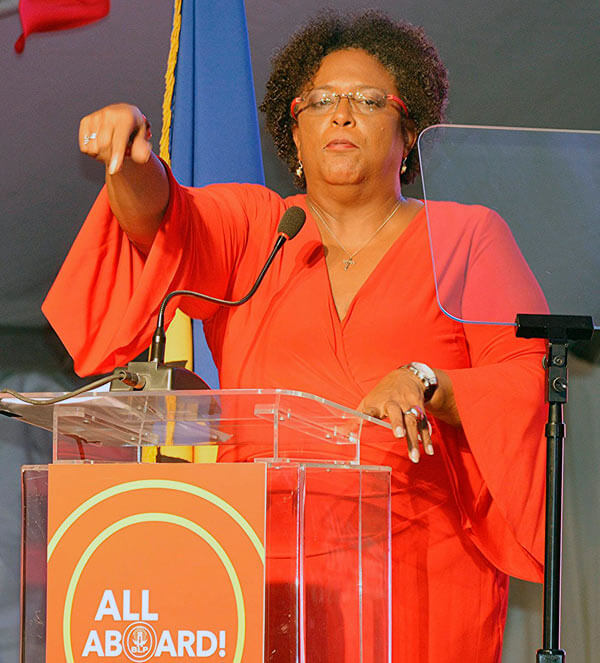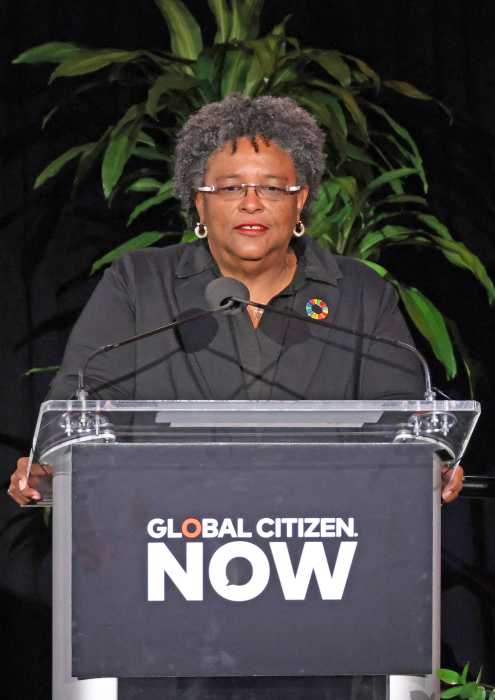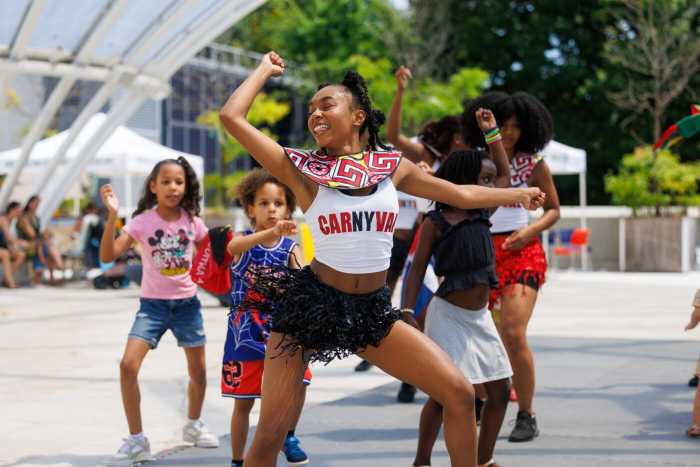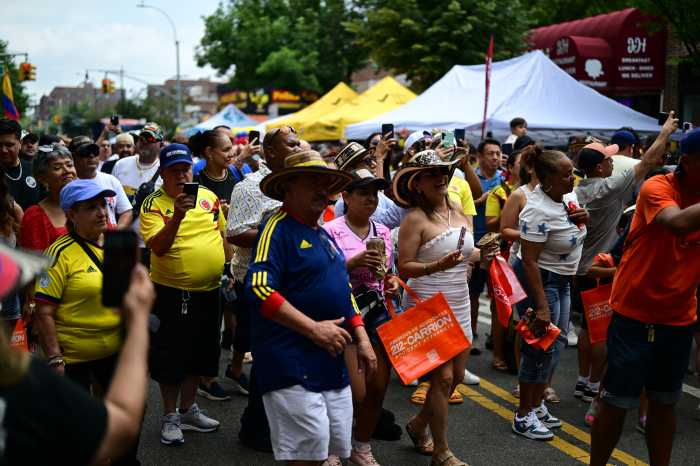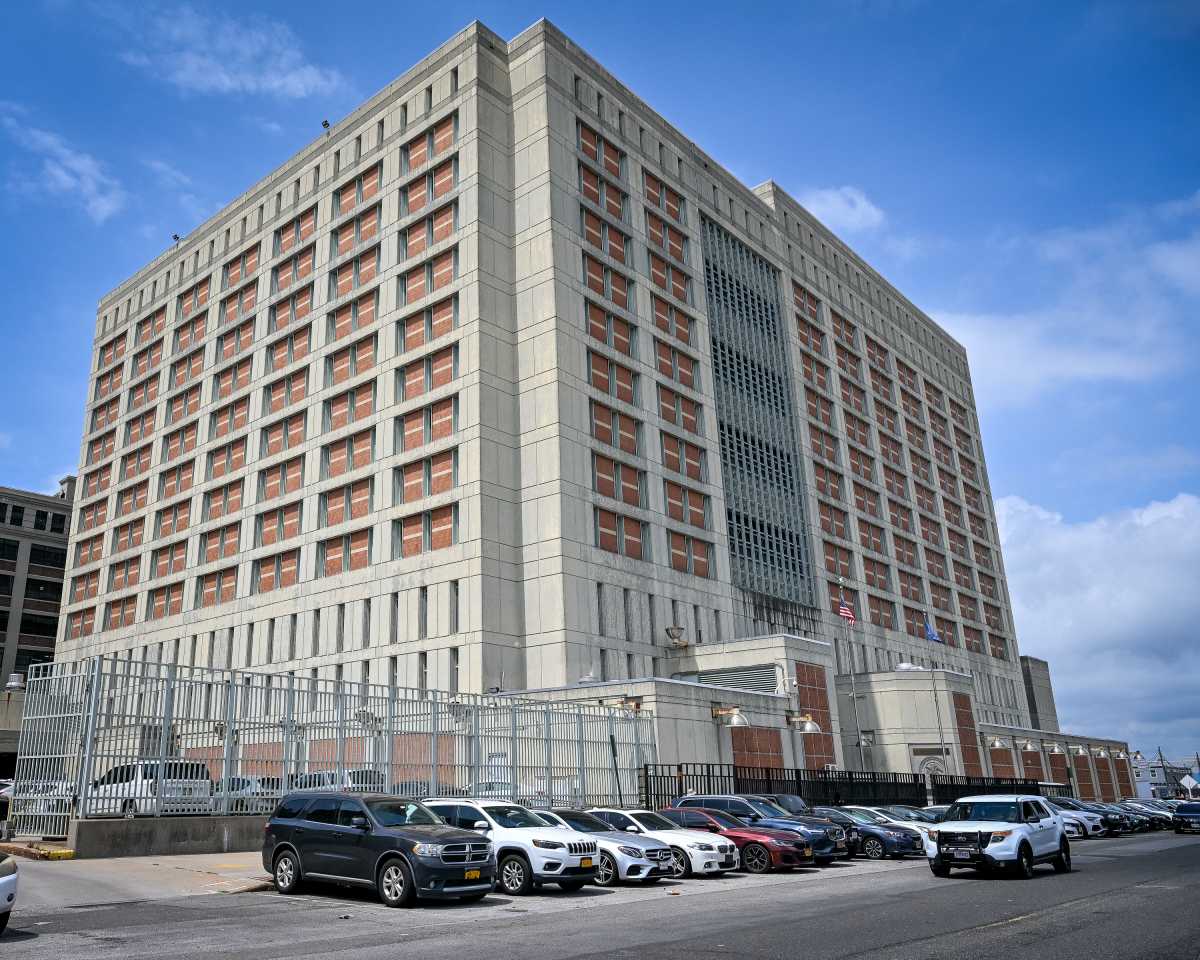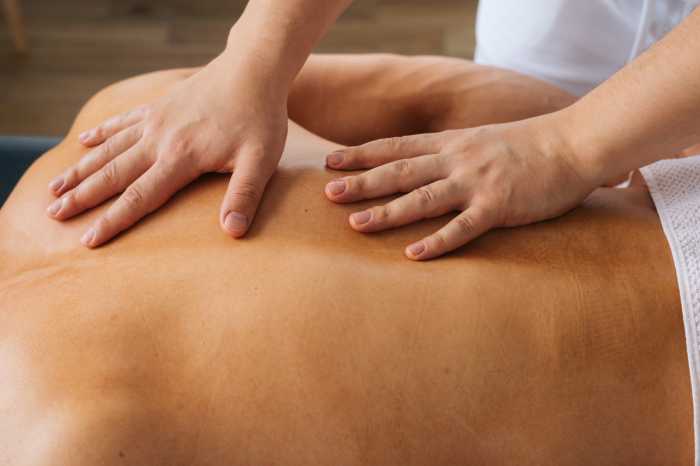Barbados, long and globally considered as the “Little Britain” of the hemisphere is taking its boldest step yet to abandon Britain’s Queen Elizabeth as the island’s head of state, become a republic and move to choose a black or brown ceremonial head before its 55th independence anniversary in November.
Earlier this week, the cabinet of Prime Minister, Mia Mottley announced the establishment of a republican status transition advisory committee to oversee what is being regarded as the most serious phase of systematically decolonizing the country of just over 300,000 since independence back in late 1966.
The plan is for the Caribbean island chain’s most easterly island to become a republic like fellow Caribbean Community members Guyana, Trinidad and Dominica, the only difference being that Guyana’s head of state functions as a president with executive rather than ceremonial powers as the others are or would be.
The committee has until September to submit its guidance report, detailing what would be necessary for the country to undergo such a major cultural and physiological transition from a former British colony which had retained the queen as its head of state, appoint one of its own to oversee ceremonies and other state functions and switch to republican status.
For those who wish to debate whether Mottley’s administration is serious about such a major transformation, they need only to refer to the fact that Barbados has abandoned the British Privy Council as its final appellate court and uses the Trinidad-based Caribbean Court of Justice (CCJ) as its final judicial tribunal for criminal and civil appeals. This is as others like Jamaica, Trinidad and the Eastern Caribbean nations, come up with a plethora of reasons, including fear of having to live with corrupt or compromised CCJ judges, to avoid taking the step of joining and supporting their own regional final appeals court. Court defenders argue that no evidence to substantiate these fears have surfaced since the court’s establishment back in 2005.
Further proof its desire to have major positions and symbols to be more local in nature can be gleaned from the fact that Barbados has already removed the overbearing and vexatious statue of 19th century British warmonger Lord Nelson which had been, for more than a century located, not accidentally in Trafalgar Square, renamed as national heroes square about 20 years ago. London has a Trafalgar Square as well.
One of the main city thoroughfares in Bridgetown, the capital, is Nelson Street. As an indication of how “British” the island is seen, major districts, streets and buildings bear names like St. George and St Phillip. Like is the case in England, the main sporting facility in Barbados is the Kensington Oval. British Airways, Virgin Atlantic and United Kingdom-based charter carriers make daily trips to Barbados. The ‘highbrow’ Concorde flew to Barbados during winter peak seasons in its heyday, allowing the nation to have the distinction of being one of the few in the Americas which could so brag and boast.
Government says the public would have an input in events leading up to November as “Little Britain or Bimshire” moves to exert its nationalism in a major way.
“Guided by this, the new committee will be required to discuss rights, responsibilities and aspirations and to specifically include the youth and the diaspora. Over the next few weeks, the public will be given an opportunity to send their ideas to the committee and to attend its public meetings,” a government announcement stated. It also noted that the committee should consider “the primacy of identity consciousness of Barbadians, identifying the salient national characteristics and encouraging their positive and constructive display and so seek to enhance national consciousness or the ‘Soul of the nation and to advise on the required reform measures necessary to achieve this status.”
Many of the thousands of Britons who return to Barbados year after year to soak up the sun and many of the wealthy with posh homes on the west coast, often say they feel at home in Barbados perhaps more than any other place on the globe apart from home.
Additionally, there can’t be an English cricket tour to the West Indies without several games being played on the island. Teams even fly there to warm up during the winter season and charter airlines cash in during this period, disgorging tourists by the hundreds.
By the time these same tourists arrive this November as Europe gets colder, Barbados would have become a republic and God save the queen would not be played as often as the region’s newest republic proclaims its independence and eases away from its colonial past while ensuring the British and others are still comfortable and at home in Bimshire.


